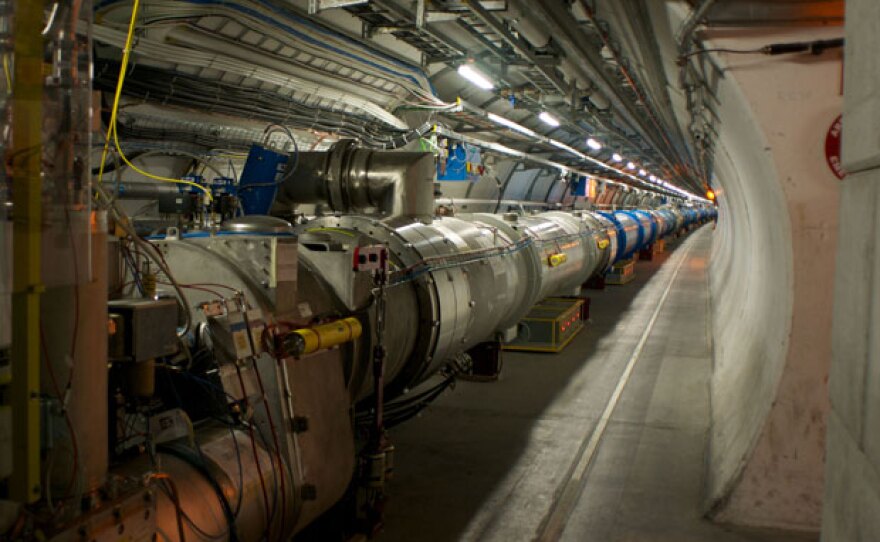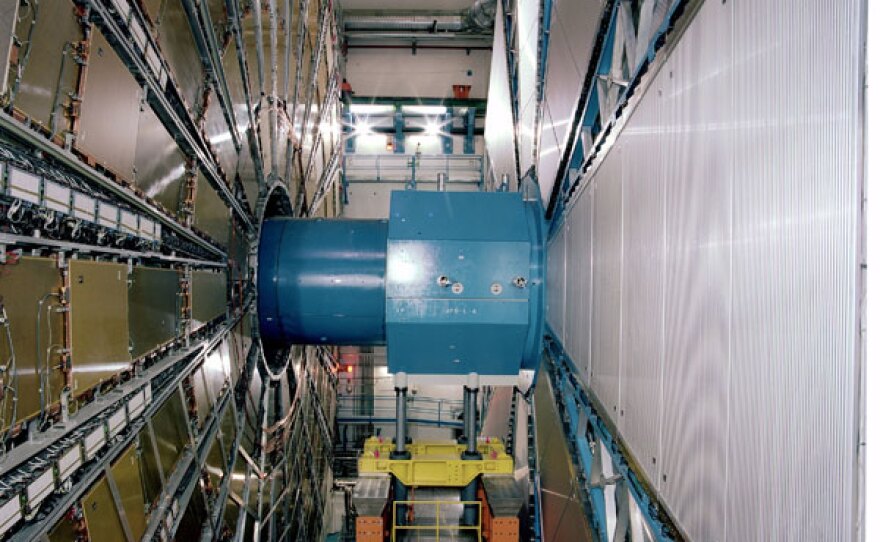

Explore the science behind the headlines in PBS’ premier science series. With compelling stories and spectacular visuals, NOVA programs demystify science and technology for viewers of all ages and spotlight people involved in scientific pursuits.
"Big Bang Machine" - On July 4, 2012, scientists at the giant atom smashing facility at CERN announced the discovery of a subatomic particle that seems like a tantalizingly close match to the elusive Higgs Boson, thought to be responsible for giving all the stuff in the universe its mass. Since it was first proposed nearly 50 years ago, the Higgs has been the holy grail of particle physicists: finding it completes the “standard model” that underlies all of modern particle physics.
Now CERN’s scientists are preparing for the Large Hadron Collider’s second act, when they restart the history-making collider, running at higher energy — hoping for the next great discovery that will change what we know about the particles and forces that make up our universe.
Past episodes of NOVA are available for online viewing. NOVA is on Facebook, and you can follow @novapbs on Twitter.





